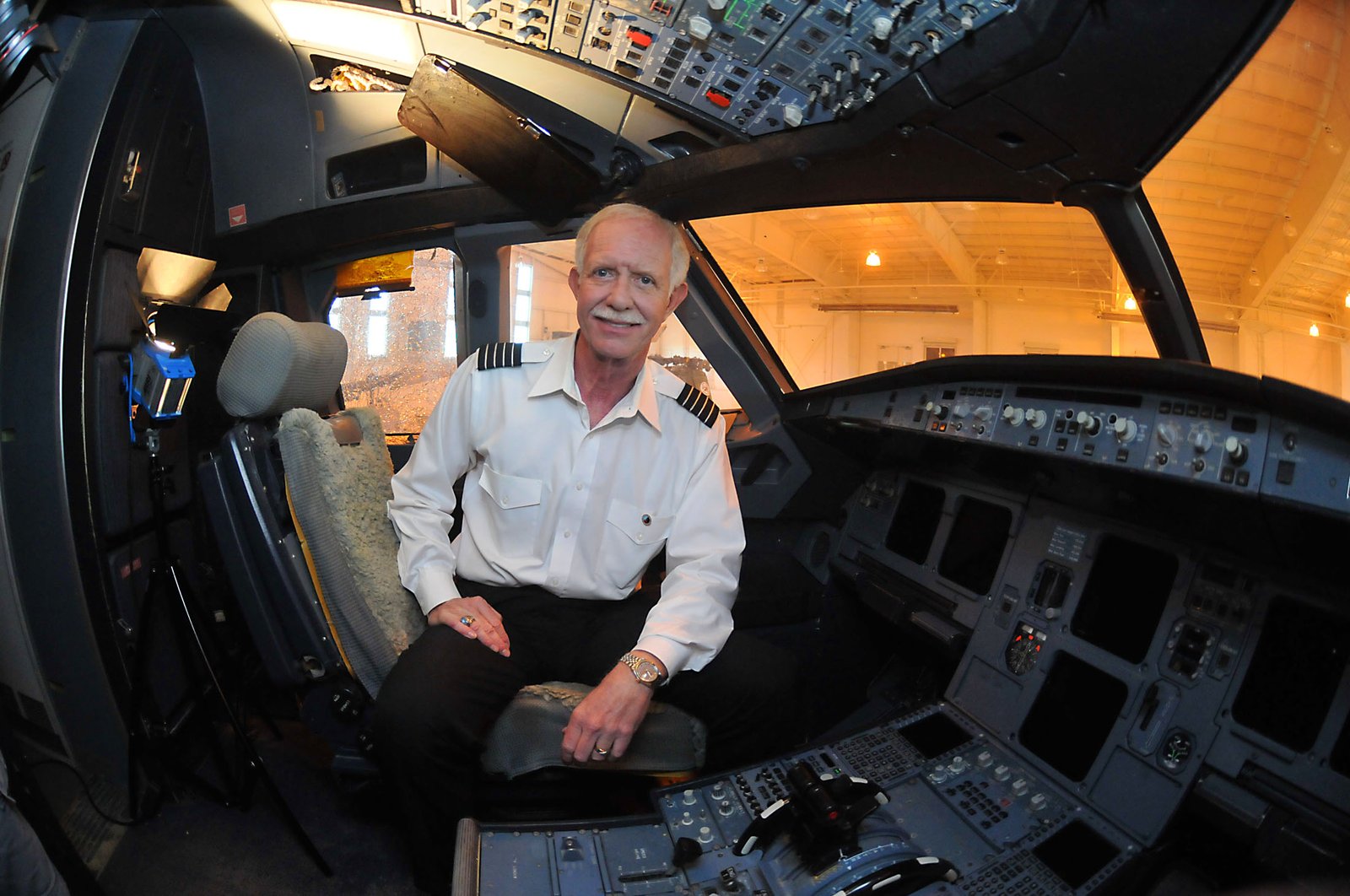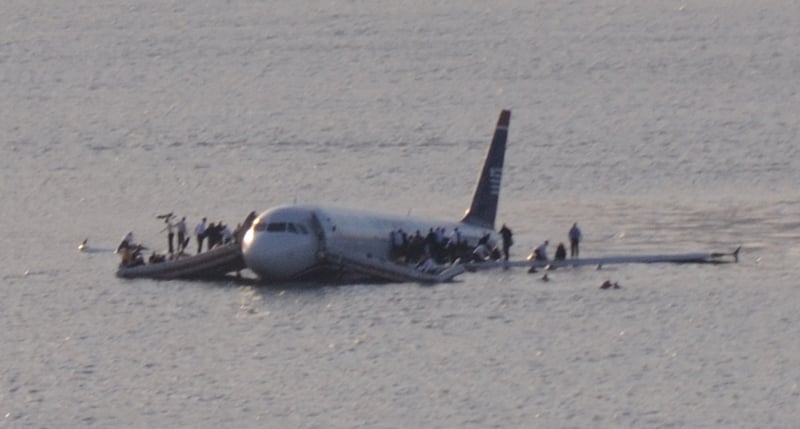A Tale of Two Captains
Heroes can emerge in life-or-death crises, but being a hero involves more than just showing courage in a single emergency. What can we learn from two well-known captains?
Now retired US Airways pilot Capt. Chesley “Sully” Sullenberger.
He is sometimes known as Captain Coward. He was the captain of the Costa Concordia, a cruise ship that struck an underwater rock and capsized off the Italian island of Giglio on Jan. 13, 2012. The shipwreck left 32 passengers and crew dead.
Instead of staying on the ship to help his crew and passengers, Captain Schettino “jumped ship” and escaped on a lifeboat.
A transcript of a conversation between Captain Schettino and a coast guard officer reveals the angry officer ordering the captain to return to the damaged Concordia. Captain Schettino later tried to explain his actions by saying he slipped off the ship when it turned over and fell into a lifeboat. He is currently serving a 16-year prison sentence.
Captain Hero
Now meet Captain Hero.
On Jan. 15, 2009, Captain Chesley Sullenberger, better known as Captain Sully, was the pilot of US Airways Flight 1549 from LaGuardia Airport (New York) to Charlotte, North Carolina. Shortly after takeoff, his plane struck a flock of geese. The bird strike put both engines out of commission, but he managed to remain calm throughout the whole ordeal and safely landed the plane on the Hudson River.
US Airways Flight 1549 as it floats on the Hudson River on January 15, 2009 (Photo by Greg Lam Pak Ng).
Captain Sully’s example stands in clear contrast to Captain Schettino’s. Let’s consider three lessons we can learn from his admirable attributes.
Lesson 1: A strong sense of life’s value
As a boy, Sully was shocked when a New York woman was stabbed to death by a stranger outside her apartment. What struck him was that neighbors reportedly heard the screams, but did nothing. He made a pledge to himself, at the age of 13, that if anyone needed his help, he would help. This strong sense of life’s value was later compounded by his father’s suicide. He resolved to protect lives when they were in danger—not just be a bystander.
The Bible shows human life is inherently valuable because mankind was created in God’s very image (Genesis 1:26-27). Christians should look at every human being as a man or woman created in God’s image with the potential to be in His family (Hebrews 2:10).
Lesson 2: Perspective in hardship
Sully and his wife struggled with infertility and went through the difficult process of adopting children. The challenges he went through taught him to do the best he could with the cards he was dealt and to make use of all the resources at his disposal.
Sully dreamed of being a pilot from the age of 5, and he started taking flying lessons at 16. He was a hard-working and attentive student.
One day he noticed a crumpled plane at the end of a runway. A friend of his teacher had died in that plane because of trying to land too close to a highway covered by power lines. Sully later described staring at the blood-splattered cockpit, trying to visualize what the pilot had experienced in his last moments as he tried to avoid the power lines. He knew it would be easier to look away, but he didn’t. He learned to be vigilant and alert—and that even the smallest mistake could mean death.
The Bible shows that we must be sober and vigilant because Satan seeks to destroy us (1 Peter 5:8). As Sully learned from his experiences, we must learn from our trials and develop perseverance, character and hope (Romans 5:1-2, 3-5).
Lesson 3: Willingness to do the right thing
Sully went on to attend the U.S. Air Force Academy and continued to study air accidents. Over the course of his military career, 12 of his fellow pilots died on training runs. Though he grieved for them, he also tried to learn all he could about each accident.
By studying the military accidents, Sully learned the importance of having the right perspective. He learned that many pilots waited too long before ejecting from crashing planes. Some ejected at too low an altitude and hit the ground before their parachutes could fully open. Others crashed and died with their planes.
Sully learned that many of these pilots died because they spent too much time trying to fix what couldn’t be fixed. Many feared the consequences of destroying a million-dollar jet and remained in their planes too long.
This lesson became important when the birds struck his plane. He could have tried to return to LaGuardia in a risky attempt to save the multimillion-dollar aircraft, but he chose to attempt a water landing on the Hudson River because it had a higher chance of saving the passengers.
Christians must also have the character to do the right thing—even if it means facing bad consequences. That means making decisions based on principle (for example, making a decision to save human life instead of an object).
Do the right thing
On that momentous day, these three attributes all came together and led to Sully’s quick decision that saved 155 lives—all the passengers and crew.
Sully now sees lessons for the rest of us and says, “We need to try to do the right thing every time, to perform at our best because we never know what moment in our lives we’ll be judged on.”
Date Posted: July 9, 2018

 by Isaac Khalil
by Isaac Khalil

